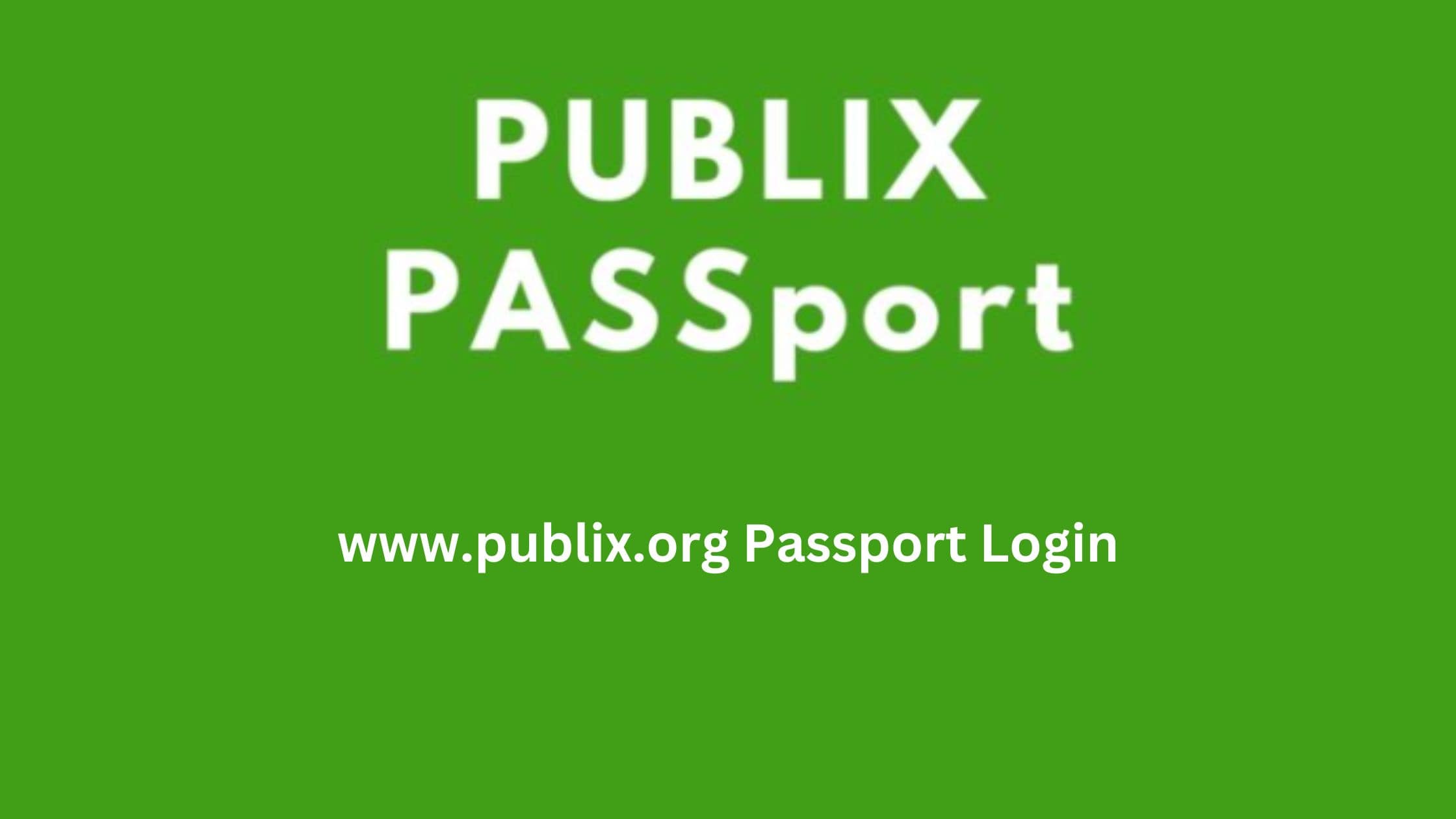The rise of the internet and digital technology has fundamentally transformed the way we live, work, and interact with each other. Online platforms, such as social media networks, e-commerce websites, and search engines, have become an integral part of our daily lives, enabling us to connect with others, access information, and purchase goods and services from anywhere in the world. However, the widespread use of these platforms has also given rise to a range of complex and far-reaching social, political, and economic challenges. In this article, we explore the opportunities and challenges presented by online platforms in modern society.
Opportunities
E-platforms have created a range of opportunities for individuals, businesses, and communities around the world. For example, social media networks like Facebook, Twitter, and Instagram have enabled people to connect with others and build relationships on a global scale. These platforms have also given rise to new forms of activism, enabling individuals to mobilize and coordinate social and political action in real-time.
In addition, e-commerce platforms like Amazon, eBay, and Alibaba have revolutionized the way we shop and access goods and services. These platforms have made it easier than ever for small businesses to sell their products on-line and reach a wider audience, while also providing consumers with a greater range of options and convenience.
On-line platforms have also opened up new opportunities for education and learning. Massive Open On-line Courses (MOOCs) and other on-line learning platforms have made it possible for anyone, regardless of their location or financial means, to access high-quality educational content from leading universities and institutions around the world.
Challenges
Despite the many opportunities presented by on-line platforms, they also pose a range of challenges to individuals, businesses, and society as a whole. One of the biggest challenges is the issue of privacy and data security. On-line platforms collect vast amounts of data on their users, often without their knowledge or consent. This data is then used to target advertising, personalize content, and make recommendations, among other things. However, this data can also be vulnerable to cyber attacks and other forms of misuse, putting users’ personal information at risk.

Another major challenge is the issue of fake news and disinformation. On-line platforms have made it easier than ever for individuals and groups to spread false information and propaganda on a global scale. This can have far-reaching consequences, from undermining democratic institutions to exacerbating social and political tensions.
On-line platforms have also contributed to the rise of a gig economy, in which workers are increasingly hired on a short-term or freelance basis, often without access to benefits or job security. While this has created new opportunities for flexible work and entrepreneurship, it has also led to concerns about the erosion of traditional employment rights and the widening of economic inequality.
The rise of the internet and on-line technology has transformed virtually every aspect of modern life, from the way we communicate and socialize to the way we work, shop, and access information. In recent years, the pandemic has further accelerated the adoption of on-line platforms and tools, as people around the world have had to adjust to remote work, virtual learning, and on-line shopping.
While there are certainly benefits to on-line technology, such as increased convenience, efficiency, and accessibility, there are also some potential downsides. For example, excessive use of social media and on-line entertainment can contribute to feelings of isolation, depression, and anxiety. Additionally, concerns about on-line privacy and security are increasingly top of mind for many people, as cyber threats continue to evolve and become more sophisticated.
As we continue to rely more heavily on on-line technology, it’s important to strike a balance between the benefits and drawbacks. By being mindful of our on-line habits, staying informed about potential risks and taking steps to protect our personal information, we can make the most of the internet while minimizing potential harms.
In conclusion, online platforms have transformed the way we live, work, and interact with each other, presenting both opportunities and challenges. While these platforms have enabled us to connect with others, access information, and purchase goods and services on an unprecedented scale, they have also given rise to concerns about privacy, security, disinformation, and economic inequality. As we continue to rely on online platforms for our daily needs, it is important that we remain vigilant about the potential risks and work to address these challenges in a responsible, ethical, and sustainable way.
















